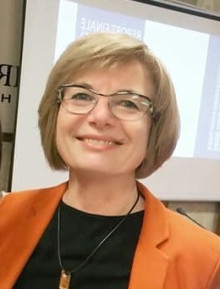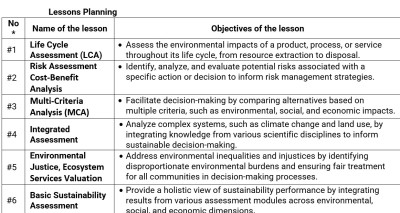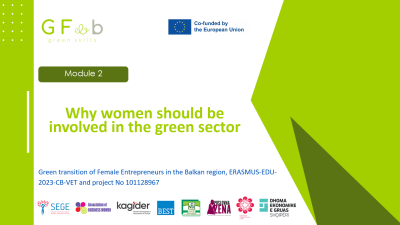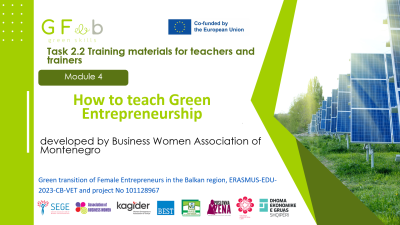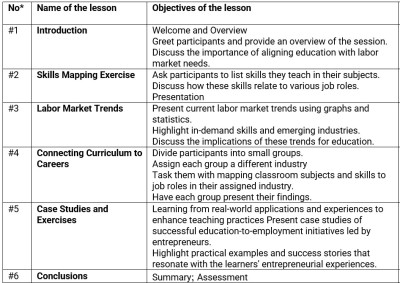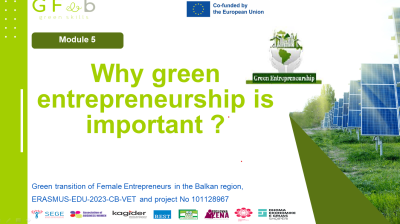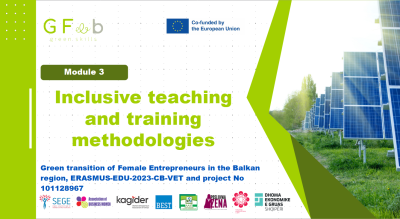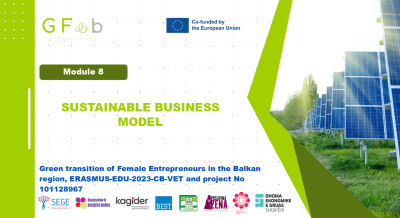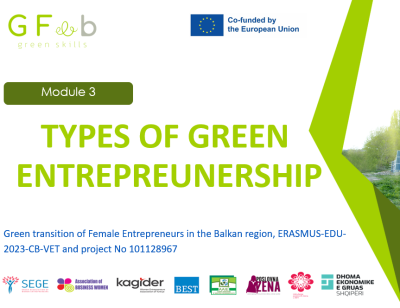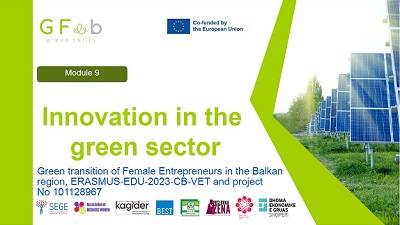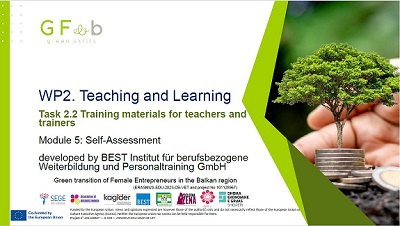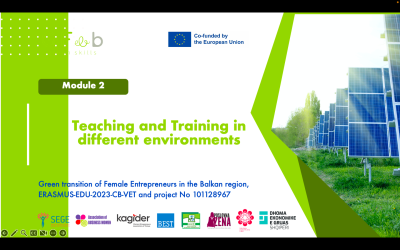Manuela Murthi
Ms. Manuela Murthi holds a Master of Arts in Development Studies with a Major in Demography and Minor in Population and Poverty from the Institute of Social Studies in Den Haag (Netherlands) and Bachelor’s degree in Finance from the University of Tirana. Her Master’s degree and international work experience, e.g. as an ERASMUS+ Evaluator in Brussels, proofs her fluent written and spoken English skills. As an Albanian national she is also fluent in the Albanian language. Ms. Manuela Murthi has 20 years of professional experience in the areas of education, employment, social inclusion and social services programmes. Her research experience comprises the areas inequality, poverty and social inclusion, education and (regional) social policy reform, decentralisation and local democratic governance with a strong focus on Albania. Her experience in the area of education comprises early learning assessments, developing IPA-funded vocational training priorities and she worked as an ERASMUS + Evaluator on higher education and capacity building. Mrs. Murthi is experienced in designing and providing capacity building programs, addressed to various audience, ranging from central level officials to local level and civil society organizations. Ms. Murthi has also extensive experience in the implementation of EU-funded programmes (especially EU IPA-funded projects) and in programmes of other international development partners (ILO, IOM, UNODC, UNDP, Save the Children, SDC, OSCE, USAID, World Tourism Organization and the World Bank).
